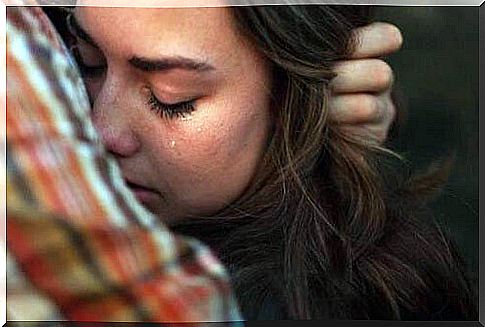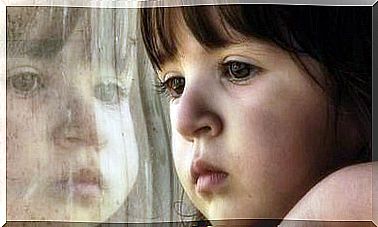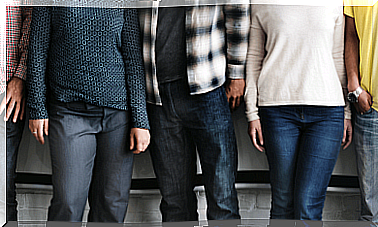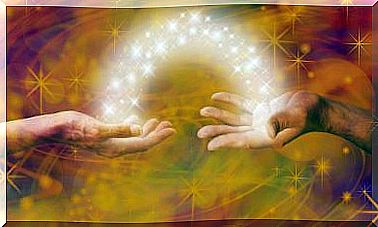Importance Of Funeral Rites In Mourning

It may seem surprising, but funeral rites are not the prerogative of human beings alone, as some animals also have their own. Obviously, as far as our species is concerned, these rites take on a greater level of elaboration and variety. However, this simple fact alone suggests the importance of funeral rites.
Scientific evidence tells us that death is an absolute and decisive fact. Although it is a natural event, it still remains a mystery. In turn, everything mysterious takes on, to a greater or lesser extent, a sacred connotation. For this reason, in all cultures and in all ages, funeral rites have always existed.
Likewise, death opens a door to infinity. It represents such a radical transformation that it cannot be accepted as a common event (although it is the most common of events). Hence the importance of funeral rites : they serve to make us accept death, elaborate the feelings it originates and acknowledge a turning point.

The importance of funeral rites in the mourning process: acceptance
Funeral rites are a very important part of the mourning process. Basically, they are a break from the routine to start the acceptance process ; the most difficult and upsetting part of grief. They contribute, both collectively and individually, to admitting the existence of a loss.
Part of the acceptance process involves last contact with the deceased person. Despite her death, we feel the need to get in touch with her to thank her, acknowledge her good deeds or, in some form, make peace with her.
In his work Totem and Taboo , Freud states that the dead often turn into a persecutory presence. Our infantile unconscious and some religious or popular beliefs can lead us to think that they have passed to an unknown dimension and have acquired a kind of power over the world of the living.
They could “come back” to “settle the score”. That is why, if we look at death from this perspective, we feel the need to make peace with them.
Death and the persecuting ghost
In one way or another, every deceased person haunts us. Whether we believe in the spirit world or not, all of our dead “come back” into our lives. It is easy to feel guilty when a person dies; precisely because she is dead and therefore immersed in a sort of state of loneliness, a dimension that we totally ignore.
A sense of guilt that also comes from being alive, from having survived him. And, of course, also for what “we could have told her and she didn’t say”, or for what “we should have done and we didn’t”. It is easy to find yourself making a mental list of all the mistakes made towards that person, which we can no longer remedy.
That guilt is “the deceased person who points the finger at us”. That haunts us. Funeral rites also serve to mitigate and manage the persecutory feelings that overwhelm us when someone dies. They offer us the opportunity to begin that reconciliation process with those who have left and with ourselves.

The ritual and the expression
Funeral rites offer another precious opportunity: to express our pain aloud, without being judged. The funeral has a kind of social “permission” to cry, to be sad, and even to experience some loss of control. Outside of these rituals, these behaviors are often viewed with suspicion.
The fact that pain is experienced collectively also provides comfort. Although each individual suffers in a personal way, the pain expressed in funerals is shared and this is consoling. It produces a positive effect, especially in the initial phase in which dismay prevails and the temptation to deny the evidence takes strength.
The company of others offers the opportunity to express feelings for the deceased person. Talking about her, recalling memories, is something that helps to soothe the pain. In this sense, it plays a decidedly effective therapeutic role in these cases.
Finally, funeral rituals are also a way to honor the memory of the deceased. An act of esteem, respect and appreciation. It may not be of much use to those who have left, but it allows the living to manifest and instill gestures of affection. Posthumous expressions that leave the feeling of “having loved” for the last time. That in itself gives a strong meaning to the farewell ritual.









